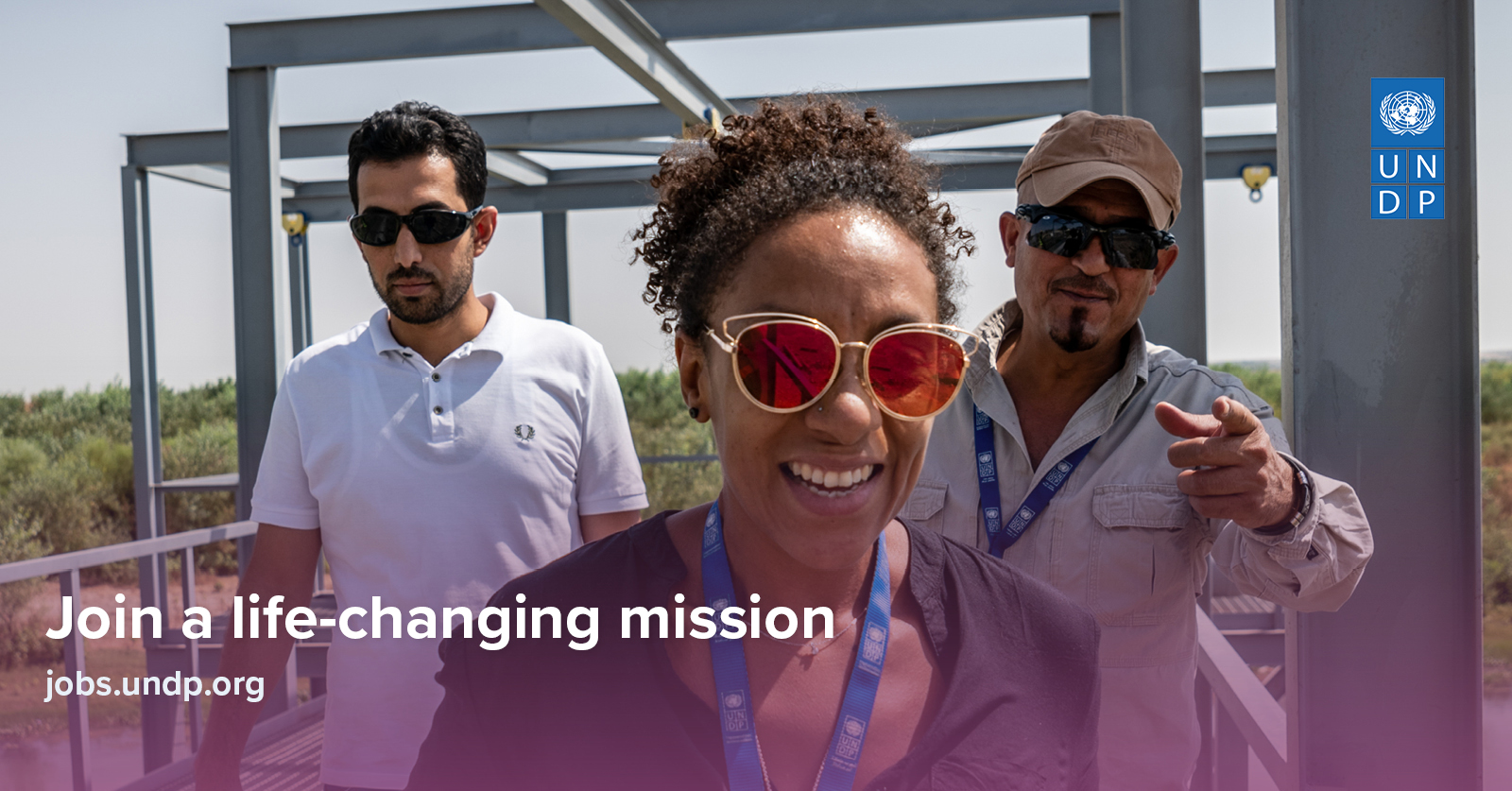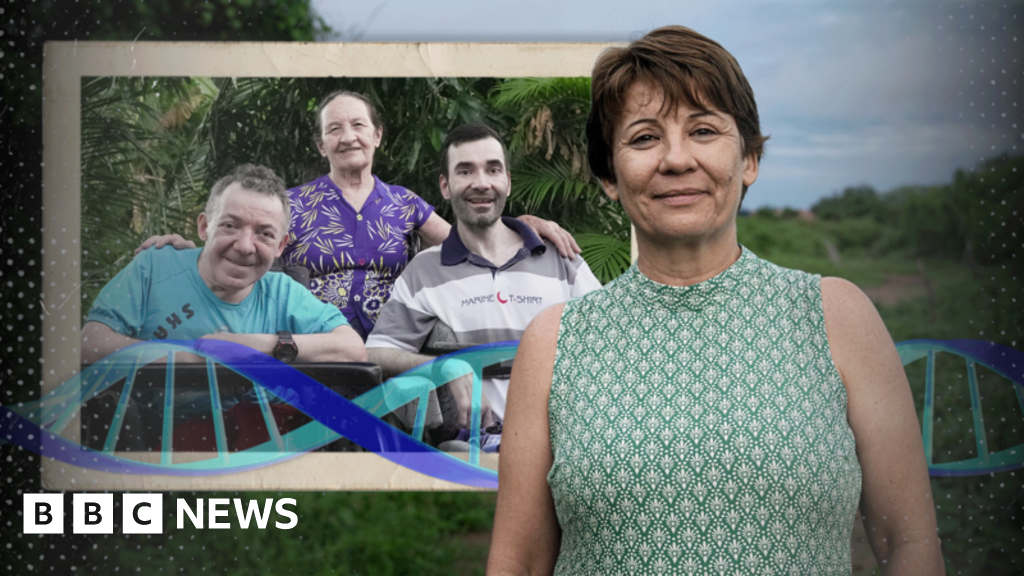
Background
I. Corporate Background:
UNDP works in about 170 countries and territories, helping to eradicate poverty, reduce inequalities and exclusion, and build resilience so countries can sustain progress. As the UN’s development agency, UNDP plays a critical role in helping countries achieve the Sustainable Development Goals.
The Istanbul International Center for Private Sector in Development (ICPSD) is the United Nations Development Programme (UNDP) global organization mandated to leverage the role of the private sector in development. The ICPSD was established in Istanbul, Türkiye based on the Partnership Framework Agreement signed between the Government of the Republic of Turkey and the United Nations Development Program in March 2011. The center is one of the five global thematic policy centers of UNDP, supports the private sector and foundations to become transformative partners in development through research, advocacy, facilitation of public-private dialogue and brokering partnerships. ICPSD leads UNDP’s global work on private sector and foundations and supports UNDP’s offices all around the world.
II. Fellowship Office Background:
Under its Crisis Response and Resilience thematic area, ICPSD actively supports a diverse range of private sector entities and communities in disaster-prone, conflict-affected, and economically challenged regions. The focus is on enhancing business resilience and crisis response capabilities through strategic partnerships and specialized technical support. ICPSD collaborates closely with UNDP and local stakeholders to conduct risk assessments, facilitate disaster risk reduction, and support recovery efforts. The approach ensures inclusive support for businesses of all sizes, from multinational corporations to MSMEs, focusing on critical economic sectors and geographic concentrations. Key services include Business Impact Assessments (BIAs) for effective crisis management, tailored business coaching programs, and initiatives to strengthen community and MSME resilience. Technical assistance in energy access and disaster risk financing is also provided to foster sustainable economic growth in vulnerable areas.
III. Project Description
Economic instability and limited livelihood opportunities continue to pose significant challenges to sustainable development in many regions worldwide. Addressing these issues requires a comprehensive approach that tackles systemic barriers, strengthens value chains, and enhances socio-economic resilience. Coordinated efforts are essential, involving governments, civil society organizations, youth, women, traditional leaders, media, academic institutions, the private sector, and local communities.
ICPSD is actively working on studies and initiatives aimed at identifying gaps and opportunities within value chains, focusing on enhancing economic resilience and fostering inclusive growth. These efforts include analyzing the systemic barriers affecting local production and trade, assessing the challenges faced by value chain actors, and exploring innovative solutions to unlock livelihood opportunities. The work combines qualitative methods to capture the lived experiences of stakeholders with quantitative analyses to assess the broader economic landscape and identify actionable pathways for improvement.
To further these efforts, the fellowship program supports cutting-edge research in private sector development, focusing on value-chain optimization, livelihood enhancement, and the socio-economic empowerment of vulnerable groups. By fostering innovation and generating new insights, the program aims to contribute to both academic knowledge and practical solutions that create sustainable economic opportunities and build resilience in complex environments.
Duties and Responsibilities
|
No |
Duties and responsibilities |
% of time |
|
1 |
Economic Research and Analysis
|
40 % |
|
2 |
Support Interviews and Data Collection
|
20 % |
|
3 |
Report Writing
|
40% |
Competencies
-
Displays cultural, gender, religion, race, nationality and age sensitivity and adaptability;
Required Skills and Experience
Education:
-
Bachelor’s degree in fields such as economics, finance, business, development, international relations, law, public administration or related field is required;
II. Experience:
-
Solid experience in conducting economic research and analysis, including value chain assessments, trade dynamics and market studies.
-
Experience on collect, organize, and analyze data using appropriate research methods, tools, and techniques;
III. Language skills:
Eligibility and Selection of Fellows:
-
In the case of Sponsoring Entity Fellowships, Fellows will be identified through collaboration between UNDP and the Sponsoring Entity. The eligibility criteria for specific fellowship initiatives will be agreed by the Sponsoring Entity and UNDP, taking into account UNDP’s expectations and the opportunities available at UNDP. The final selection of the Fellows will be done by UNDP. UNDP may limit the number of Fellows that may be received from a Sponsoring Entity at any given time.
-
In the case of UNDP Corporate Fellowships, the selection of the Fellow will be done by UNDP based on the eligibility criteria detailed in the Fellowship Project/Programme Document governing the specific fellowship initiative.
Job Features
admin
Website: https://www.lapojap.com















